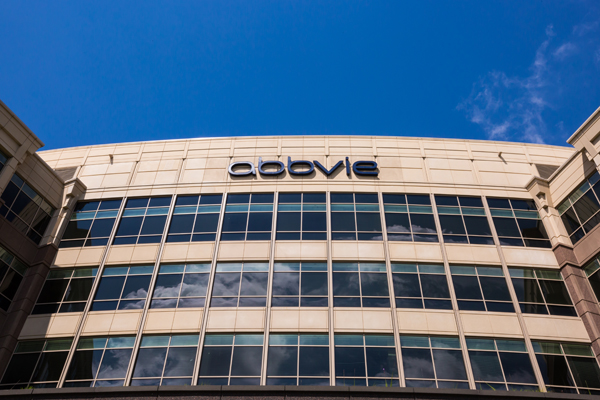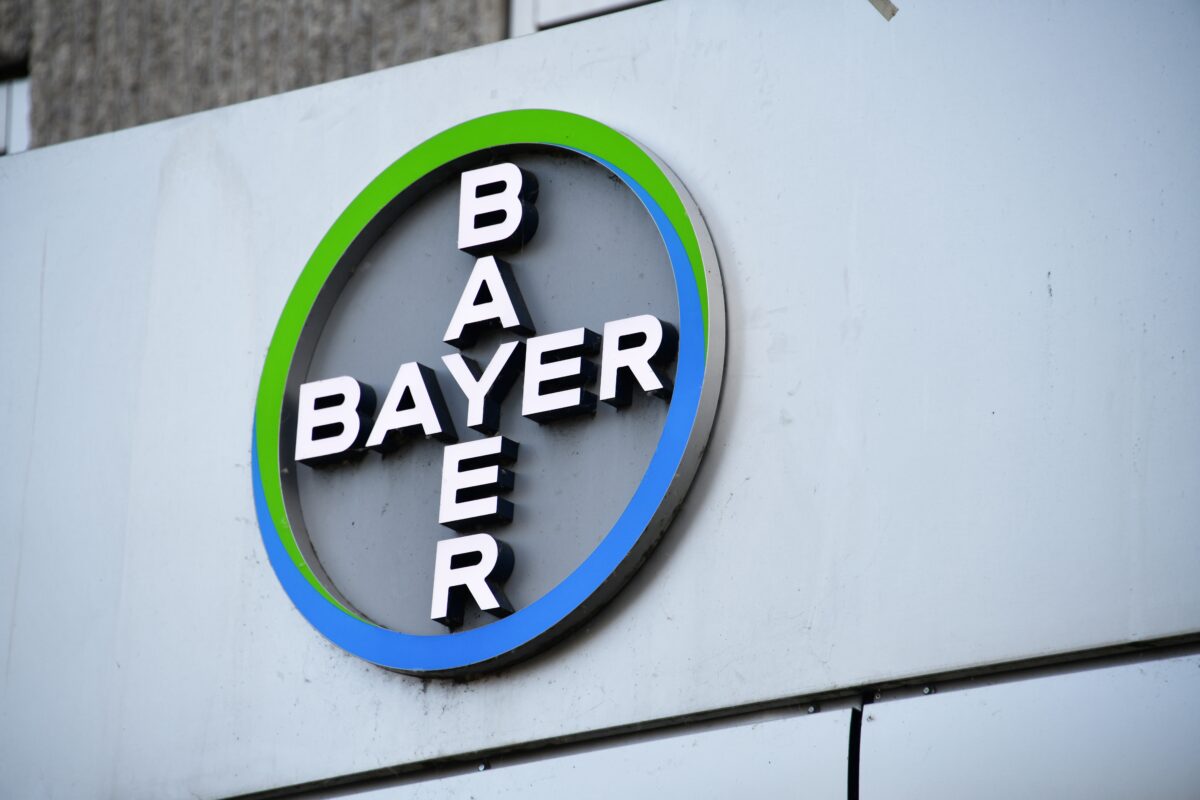Patients with a traditionally challenging to treat subtype of hepatitis C may soon have a new treatment option for the chronic infection. The results of a recent Phase III clinical trial – presented at The International Liver Congress 2017 in Amsterdam – found that 95% of hepatitis C genotype 3-infected patients treated with a combination of two antiviral drugs, glecaprevir/pibrentasvir (G/P), showed sustained virologic response rates 12 weeks (SVR12) after receiving treatment.
According to AbbVie, the biopharmaceutical company developing the combination therapy, patients who reach this milestone at 12 weeks post treatment are considered to be cured of hepatitis C. The G/P antiviral drugs were tested in treatment-naïve hepatitis C-infected patients without cirrhosis of the liver.
“While there has been great progress made in the treatment of patients with hepatitis C, there remain limited options for those with genotype 3 disease,” said lead study author Dr. Graham Foster of Queen Mary University of London. “As such, we are pleased to see that the investigational combination of glecaprevir/pibrentasvir achieved high SVR12 rates, in treatment naïve, non-cirrhotic patients. Treatment with this once-daily regimen for eight weeks could provide a highly efficacious and well-tolerated option for treatment naïve, non-cirrhotic patients with Hepatitis C, genotype 3, if approved by the regulatory authorities.”
The Phase III ENDURANCE-3 clinical trial involved 348 hepatitis C genotype 3 patients who were randomly assigned to receive a 12-week course of glecaprevir/pibrentasvir, or the commonly-prescribed antiviral combination therapy, sofosbuvir plus daclatasvir. The primary endpoint was defined as the percentage of patients who achieved a sustained virologic response at 12 weeks.
Of the patients taking glecaprevir/pibrentasvir, 95 percent achieved the primary endpoint, compared to 97 percent of patients in the active control group. Both treatment regimens were reported as having similar safety profiles, and no serious treatment-related adverse events were reported for patients taking G/P.
“These results are more than encouraging, considering that treatment options for HCV genotype 3 are still suboptimal,” said Prof. Francesco Negro, Divisions of Gastroenterology and Hepatology of Clinical Pathology, University Hospital of Geneva, Switzerland. The combo drug has be granted accelerated assessment by the European Medicines Agency (EMA), and priority review by the US Food and Drug Administration (FDA).
Chronic hepatitis C infection affects 180 million people around the world, with genotype 3 being one of the most resistant to therapy. In recent years, new treatments for hepatitis C – like Gilead’s Havoni and Sovaldi – have emerged, however genotype 3 remains difficult for physicians to treat.












Join or login to leave a comment
JOIN LOGIN